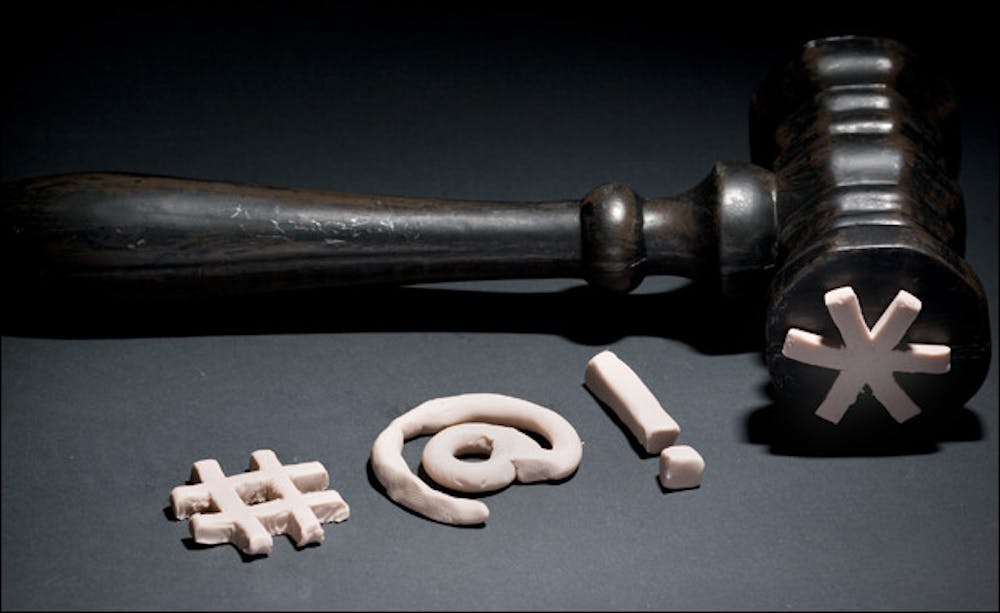The Supreme Court took up its first broadcast indecency case in 30 years, hearing arguments on the Federal Communications Commission fleeting expletives case last week.
The high court will decide if the FCC’s role in regulating dirty words said on unscripted, live television is unconstitutional. The ruling might not come until June.
The case could have a dramatic impact on broadcast television’s content, said Dan Barr, an attorney with Perkins, Coie, Brown and Bain in Phoenix.
“I’m not advocating shows filled with profanity, but what are you going to do interviewing an athlete after a game?” Barr said. “Should the network be fined because the athlete said something bad on TV?”
Barr said that maybe the person saying the expletive should be fined. The networks only have so much control, he said.
“The media landscape is so different now. This is a solution that is searching for a problem,” Barr said. “There are so many things that are not foreseeable. What on the continuum is decent?”
The commission’s long-running policy is to levy fees if bad words are repeated or deliberate, said ASU law professor Paul Bender.
Traditionally, the FCC has taken the stance of ignoring fleeting utterances on live broadcasts.
However the FCC decided to change its policy that identifies fleeting expletives as indecency violations and applied the rule to pending cases.
The Supreme Court case stems from a string of incidences in which Bono, Cher and Nicole Richie uttered expletives on music-related awards shows that occurred before the rule change.
Fox took the commission to court and won, with the court ruling the commission had acted arbitrarily and failed to articulate a reasoned explanation for changing its policy, Bender said. The commission didn’t address the constitutional issue, he said.
“The FCC didn’t come up with a good enough reason to fine Fox,” Bender said.
If the Supreme Court reverses the decision, the FCC fines will stand, which could result in a tighter interpretation of the First Amendment. If the ruling is affirmed, the FCC needs to come up with a good reason for the fines to stand, Bender said.
Mark Scarp, faculty associate in the Walter Cronkite School of Journalism and Mass Communication, said the case asks the question: What is truly the more offensive form of speech —one that describes a sexual act, or one that is an interjection, not describing anything sexual. Some people, particularly parents, feel that either way, these words should be kept out of prime time situations, said Scarp, a media law professor.
“This puts the burden more and more on parents,” he said. “It’s hard for parents to rely on the government to keep the air waves free of certain terms.”
Reach the reporter at philip.haldiman@asu.edu.




